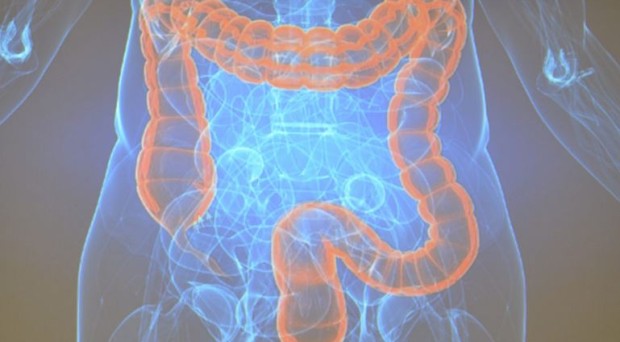
What is currently known about the link between the microbiome and colorectal cancer?
Many studies have investigated the link between the microbiome and colon cancer, with insightful findings. Several studies reported a difference in overall microbial diversity in cancer, although the direction of change seems to depend on whether tissue or stool samples are examined.
A consensus from a few recent studies is an increase in overall microbial diversity in tumor biopsies compared to healthy colonic tissue from the same individual, a result that we have also observed in our study.
In addition to changes in diversity, many studies have identified specific bacterial taxa that change their abundance in colon cancer. Of special interest are bacteria in the genus Fusobacterium that are found in increased abundance in the gut microbiome of colorectal cancer patients. Molecular studies have shown that a virulence factor expressed by Fusobacterium nucleatum can elicit a response in host cells that might affect carcinogenesis.
You are the first to report of the link between Providencia and colorectal cancer. How important is this discovery?
We found that colorectal tumors harbor Providencia at a higher abundance compared to nearby healthy colonic tissue from the same individual. This is an important result, because Providencia is known to be pathogenic, and has been linked to urinary tract infections, ocular infections, and gastroenteritis.
Like Fusobacterium, Providencia has a strong immunogenic lipopolysaccharide, indicating that it could potentially have a role in cancer through activating key signaling pathways in host cells. Moreover, we found an enrichment of predicted virulence genes in the tumor microenvironment. This is an important result because it suggests that rather than individual taxa, cancer may be associated with bacterial functions and genes, which may be encoded by diverse bacterial taxa.
What are the implications of your findings?
Focusing on a specific functional category or class of genes can help elucidate the molecular mechanisms underlying a potential role for the microbiome in colorectal cancer.
The enrichment of predicted virulence genes has important implications for understanding host-microbiome interactions in colon cancer. Focusing on a specific functional category or class of genes can help elucidate the molecular mechanisms underlying a potential role for the microbiome in colorectal cancer.
Moreover, this result could have implications for the development of novel microbiome-based prevention, detection, and therapeutics approaches for colon cancer. Targeting a specific gene class or function might be more appropriate (and perhaps more feasible) than targeting several diverse taxa.
What is next for your research?
Although our results are exciting, this study is clearly just the first step, and we are currently working on several follow up studies.
First, we are interested in using this result to develop an approach for detection of colon cancer in stool samples, which could potentially replace colonoscopies and fecal occult blood testing. This has been shown to be feasible using microbiome taxonomic composition and we hope that focusing on detection of specific microbial functions could be a valuable approach.
Moreover, we are developing cell culture-based approaches for showing causal effects of specific microbial functions on colorectal cancer.
Lastly, we are studying how tumor heterogeneity and genomic variation can interact with microbial communities in the tumor microenvironment, and how this interaction can have causal effects in colon cancer.
Comments